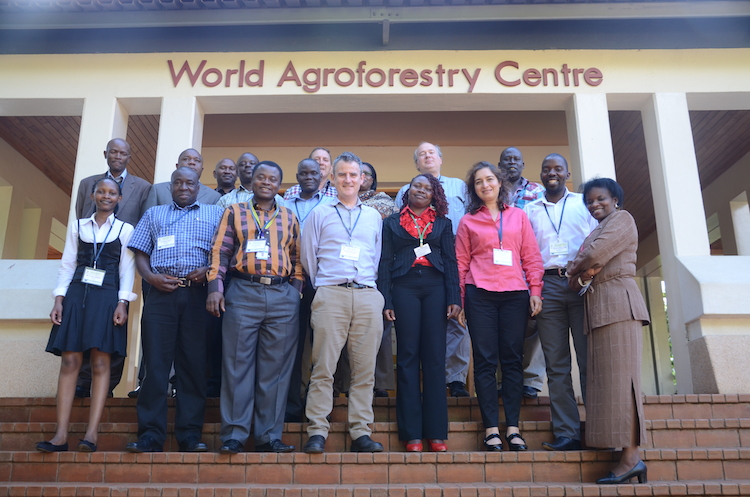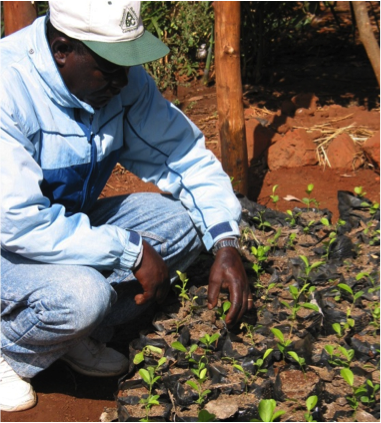
A new project to be led by NRI, 'Optimisation of Pesticidal-plants: Technology Innovation, Outreach and Networks (OPTIONs)', aims to promote and facilitate the uptake of innovative pesticidal plant technologies for improved food security that can be deployed effectively within the context of local needs and resources.
Over 3 years, the OPTIONs project, with €1m funds from EuropeAid (ACP S&T), will develop an incentive-driven nursery propagation strategy for promoting indigenous pesticidal tree species to farmers and increasing the availability of plant material.
The project will strengthen the capacity of stakeholder institutions to promote pesticidal plants by formulating and revising policies to enable more effective outreach on the use of plant materials in pest management and food security.
The project is targeted at universities, extension workers, community based groups, nursery growers and smallholder farmers throughout the partner countries of eastern and southern Africa, particularly Kenya, Malawi, Tanzania and Zimbabwe.
Most African farmers depend upon their agricultural produce for their livelihoods and food security is often their most important consideration. Adequate yields can be secured through improved crop management and food storage, and where surpluses can be produced, these can generate additional income. Insect pests are arguably the most important target since they can be directly controlled by even the poorest farmers, with low cost plant based interventions. If left unmanaged, insects will invariably cause severe damage.
Commercial insecticides are usually effective, but they have limited distribution in rural areas. Worse still, they are often adulterated (diluted to ineffective concentrations by unscrupulous traders), or applied at inappropriate application rates due to illiteracy or poor labelling. Increasingly, they are becoming ineffective owing to the wide occurrence and rapid evolution of pesticide resistance.
Plant materials are known by farmers to be environmentally benign, safer and cost-effective. However, the realisation of their full potential, especially for the poorest farmers, is constrained by inadequate product quality and development, which, if improved will increase the reliable options available to farmers.
 Previous research at NRI indicates that while most African farmers are aware of pesticidal plants, only a minority use them routinely. This is due somewhat to their availability and perceptions that their use is 'old fashioned'. Furthermore, the knowledge-base on pesticidal plants is eroding as information is not always passed down the generations due to urban migration and the competing forces of promotion by synthetic pesticide companies.
Previous research at NRI indicates that while most African farmers are aware of pesticidal plants, only a minority use them routinely. This is due somewhat to their availability and perceptions that their use is 'old fashioned'. Furthermore, the knowledge-base on pesticidal plants is eroding as information is not always passed down the generations due to urban migration and the competing forces of promotion by synthetic pesticide companies.
This project aims to address this directly through the propagation of indigenous and exotic pesticidal plant species and by improving Scientific Technology Innovation for commercially viable botanical insecticides.
Phil Stevenson, lead scientist on the project says: "We have a fantastic multidisciplinary partnership that has been assembled to help overcome one of the biggest hurdles to large-scale uptake of pesticidal plants in smallholder farm production – the availability of plant material. We will do this by planting many thousands of pesticidal trees and plants across the partner countries, training nursery growers locally to do the same commercially to ensure sustainability and provide fact sheets on how smallholder farmers can use the plants effectively and economically instead of pesticides. By example we plan to encourage community-based organisations to commercialise some of the most abundant and effective plant materials to increase the financial benefits of the innovations"

